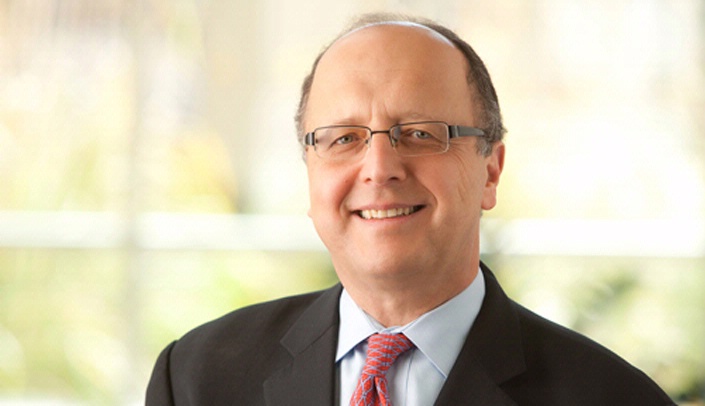UNMC was one of the study locations for a major research study which determined that a device used to close a small hole in the heart in patients who had a stroke from unknown cause may benefit by providing an extra layer of protection from another stroke in addition to medication.
The findings appear in the Sept. 14 issue of The New England Journal of Medicine.
Over eight years, the RESPECT study (Recurrent Stroke Comparing PFO Closure to Established Current Standard of Care Treatment) enrolled 980 people, ages 18 to 60, at 69 study locations in the United States and Canada.
Investigators attempted to determine the best treatment to prevent further strokes — either by closing the hole with a “button device,” in addition to anti-clotting medicines, or with anti-clotting medicines alone.
UNMC was one of the 69 sites participating in the trial, contributing a total of 10 patients to the study — five of whom had their hole closed and five of whom were treated with anti-clotting medicines alone.
All of the participants had experienced a stroke in which the cause was undetermined and were found to have a patent foramen ovale, known as a PFO, which is a hole between two chambers of the heart that did not close the way it should after birth. Nearly half of the people in the study had suffered a major stroke.
“It is a major new treatment option for some people,” said Jeffrey Saver, M.D., director of the UCLA Comprehensive Stroke Center and lead author of the study. However, he added, “Using the device is going to have to be a considered clinical decision between the doctor and the patient about who’s the right person to get it.”
Pierre Fayad, M.D., professor of neurological sciences at UNMC and medical director of the Nebraska Stroke Center at UNMC’s clinical partner, Nebraska Medicine, was the local principal investigator for the Nebraska portion of the study. Two cardiologists — Jeff Delaney, M.D., a pediatric interventional cardiologist at Children’s Hospital & Medical Center and UNMC/Nebraska Medicine, and Edward O’Leary, M.D., an interventional cardiologist for UNMC/Nebraska Medicine — led the procedural part of the study and were sub-investigators.
“With the results from over 10-15 years of research now available, the long-term benefits associated with closing the hole in the heart have become more obvious,” Dr. Fayad said. “The key point that needs to be made is that not everyone with a stroke and a PFO should have the procedure.
“Patients need to be evaluated very carefully by a knowledgeable medical multidisciplinary team to determine which patients are most likely to benefit from the procedure, based on the acquired information from all these studies. We need to focus on maximizing the benefits while minimizing the risks.”
